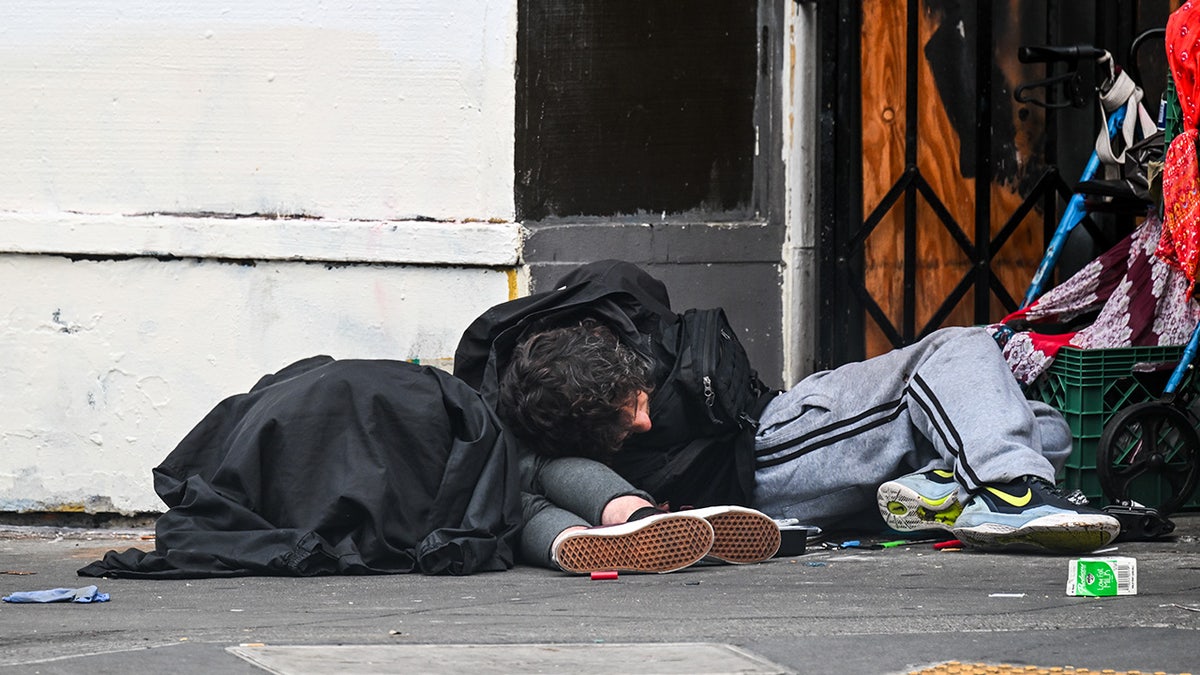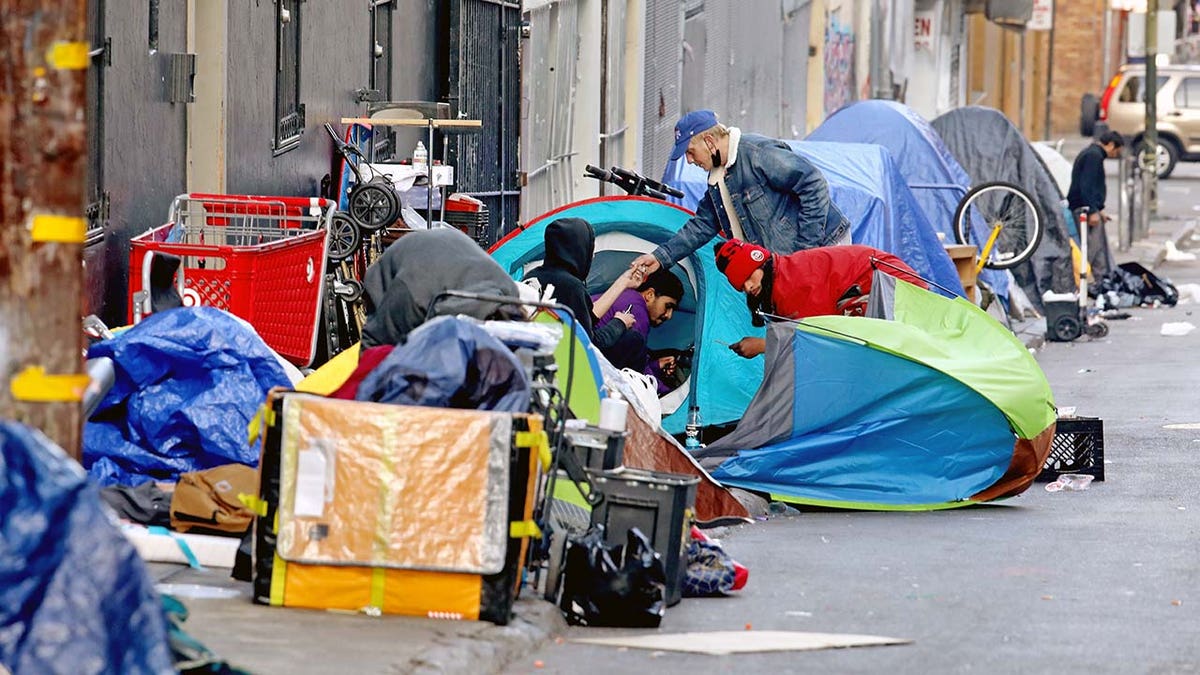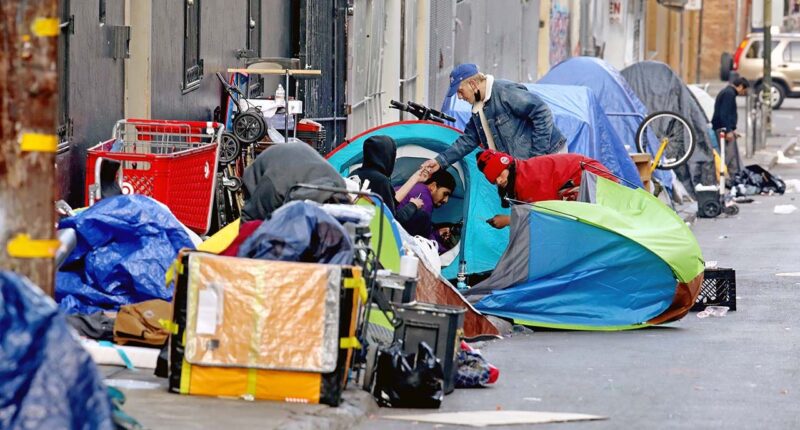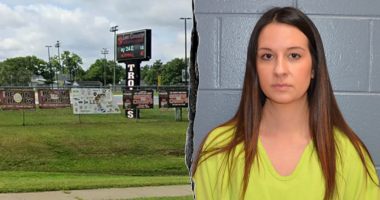Share this @internewscast.com
In San Francisco, Democratic District Attorney Brooke Jenkins has taken a stance that differs from many of her fellow party members by emphasizing that the release of repeat drug offenders before their trials significantly contributes to the persistence of “repeat offenders in and out of our stores, on our streets, rotating through our courtrooms.”
During a community meeting in late September in San Francisco, where residents voiced their concerns over crime, Jenkins expressed that letting repeat drug offenders out on bail often leads them to commit further crimes. She highlighted that this is a source of frustration among local law enforcement, including prosecutors, as reported by the San Francisco Chronicle.
“The community, particularly in the Tenderloin area, finds it intolerable, right? To be continually faced with the same issue daily,” Jenkins stated. “We cannot function in a society where individuals repeatedly demonstrate a lack of respect for the law.”
She said that while most of the time repeat drug offenders get multiple “chances,” those same drugs continue to take lives.

A homeless couple sleeps on a sidewalk in San Francisco on Sept. 2, 2023. (Tayfun Coskun/Anadolu Agency via Getty Images)
“Our legal framework is founded on the presumption of innocence,” the office declared. “This alarmism is another effort by the district attorney to undermine the judiciary’s independence, further crowd our bloated jails, and influence the outcome of these pending cases.”

Homeless individuals use illegal drugs in a camp along Willow Street in the Tenderloin district on Thursday, Feb. 24, 2022, in downtown San Francisco. (Gary Coronado / Los Angeles Times via Getty Images)
Tom Wolf, a former homeless addict in San Francisco, shared with Fox News Digital that Jenkins faces an “uphill battle” concerning the detention of accused drug traffickers prior to their trials.
“We have a problem, especially in San Francisco, but really throughout the state of California…because of a law that was passed in 2018 in California called the Mental Health Diversion Act, so many of these repeat offenders basically go into court and say, ‘hey, I’m struggling with my mental health,'” Wolf said.
“Addiction is considered a mental illness. And so they’re continually referred to diversion, which means that they’re let out of custody. And it’s created an untenable situation in cities like San Francisco, where we have 8,000 people on the street. Most of them are addicted to drugs, and most of them have been arrested multiple times, and yet they continue to remain.”
Fox News Digital reached out to Jenkins for comment.
















